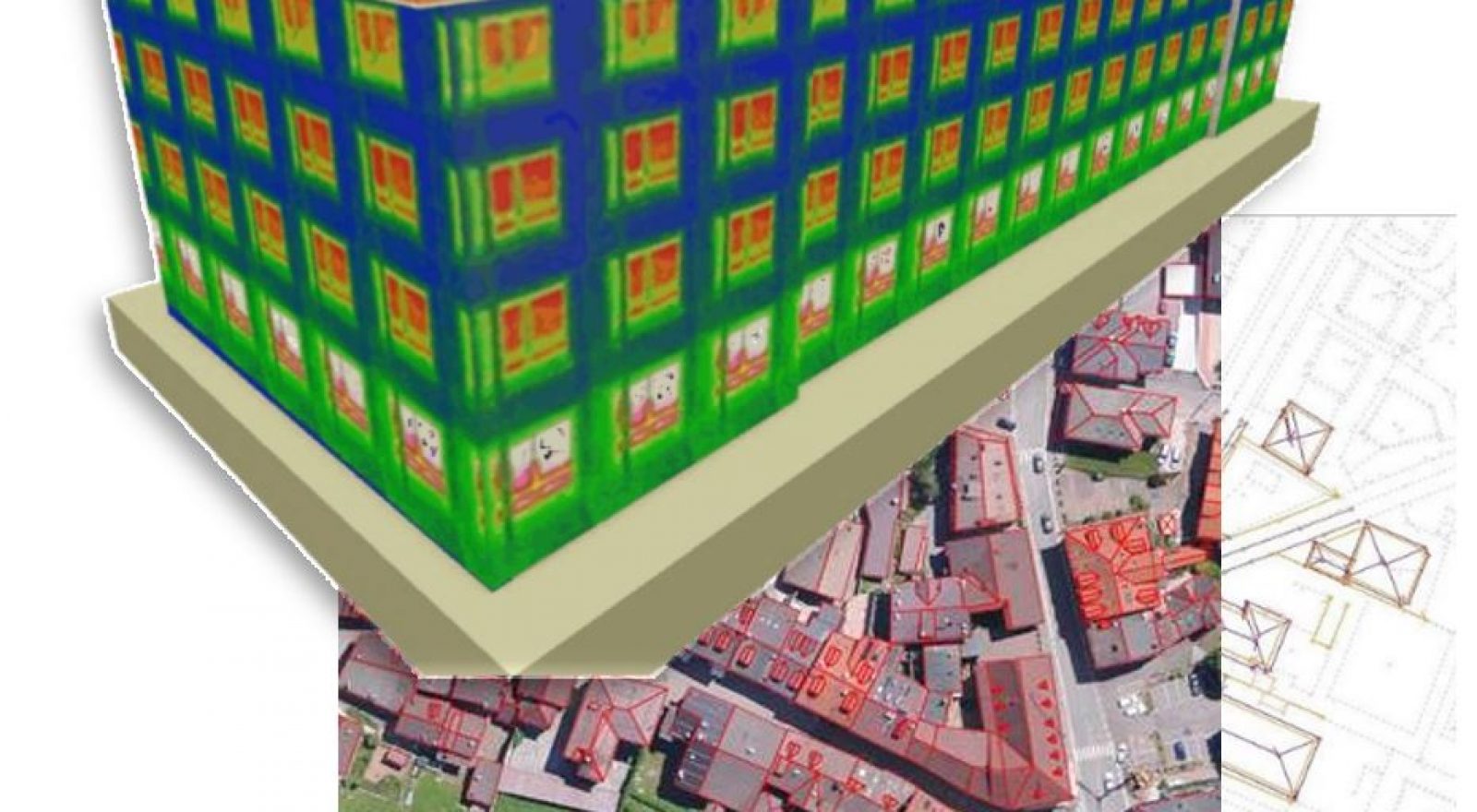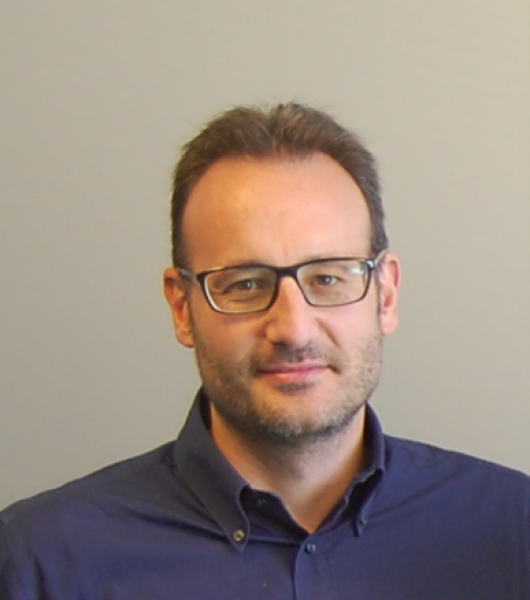BOOSTEE-CE – Boosting energy efficiency in central European cities through smart energy management
Geospatial data, smart energy management tools, energy audit and innovative financial schema to facilitate efficiency of existing buildings
Given the EU’s 2020 strategy targets, a reasonable energy consumption is fundamental. Large attention is being paid to improve Energy Efficiency (EE) of existing buildings as they are accountable for large energy consumption with an annual growth rate of ca 4%. A rapid transition of urban areas towards EE and adaption to challenges created by climate change is highly required. It is one of the major challenges for public authorities to reduce energy in existing public buildings without significant construction works. Therefore, public authorities need to be equipped with simple but useful tools, methodologies and strategies for proper energy management in order to increase EE and renewable energy usage in public buildings.
The BOOSTEE-CE, coordinated by the 3DOM unit of FBK Trento project is inserted in these topics and objectives and it will develop and implement technical solutions, strategies, management approaches & financing schemes to achieve higher Energy Efficiency (EE) in public buildings. This will be achieved through a transnational cooperation and using geospatial data (3D city models, GIS tools, etc.), smart energy management tools and energy audit to facilitate the implementation of EE buildings. The final aim is to improve the governance of EE in existing public buildings (within Pilot Actions) and ultimately reduce energy consumption.
The project is funded by Interreg Central Europe Programme, under the Priority 2 “Cooperating on low-carbon strategies in Central Europe”, specific objective “develop & implement solutions for increasing EE & renewable energy usage in public infrastructures”. The total budget of BOOSTEE-CE is 2.2 mil. Eur, with an ERDF support of 1,84 M Eur. The project will run until June 2020.
The project consortium touches 7 Central Europe countries, with 13 project partners – FBK Trento (Italy – coordinator), E-Institute (Slovenia), Energy Agency of Zlín Region (Czech Republic), Regional Energy Agency North (Croatia), Mazovia Energy Agency (Poland), Tolna County Development Agency (Hungary), Emilia-Romagna region (Italy), municipality of Velenje (Slovenia), city of Koprivnica (Croatia), municipality of Judenburg (Austria), Energy Agency Upper Styria (Austria), European Grouping of Territorial Cooperation NOVUM (Poland), municipality of Plonsk (Poland) – and 2 associated partners – Zlín region (Czech Republic) and municipality of Tolna (Hungary). The project will develop, test and deploy its methodologies in 7 pilot areas within the consortium countries.

